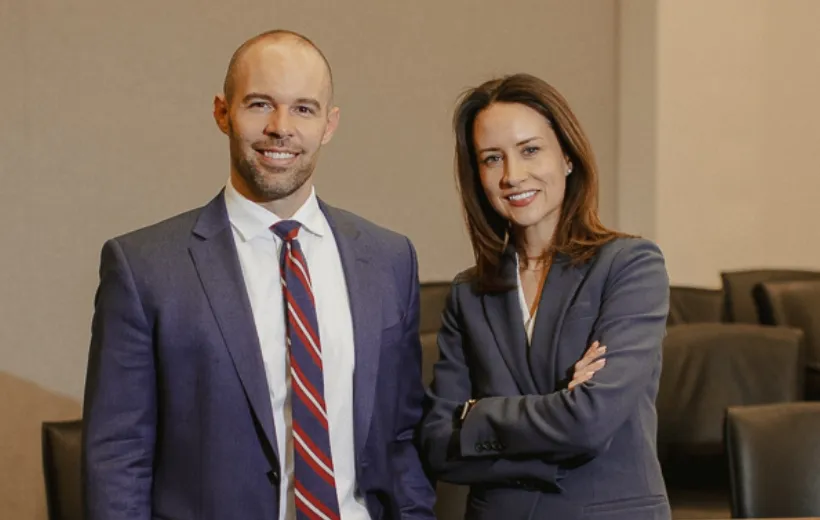The Federal Motor Carrier Safety Administration (FMCSA) has rules that make our highways safer for everyone. These rules set limits to prevent problems like driver fatigue, brake failures, and loads coming loose on the road. Without these standards, large trucks would be more dangerous. When a trucking company ignores FMCSA compliance, the chance of crashes increases.
It’s important to understand common violations because breaking these rules affects who is at fault after an accident. If you are the victim in a truck accident, violations of safety laws could make a real difference to your injury claim.
Contact a truck accident attorney in St. Louis today to schedule a no-obligation consultation.
Common Compliance Failures We See After Crashes
After truck crashes, investigators and lawyers review the situation to try to determine what happened. Part of this means looking to see if the company or driver was out of compliance with any FMCSA rules. Below are some of the most common compliance failures that accident victims need to be aware of.
Out-of-Service Equipment and Ignored Defects
Worn brakes, bald tires, and broken lights can make a truck dangerous. Companies may try to do this to save time and money, but it puts people on the road – including their drivers – at significant risk.
Missing Drug/Alcohol Tests
Companies should test drivers after certain accidents, and when hiring. Some skip these steps or let drivers on the road who shouldn’t be there at all because of past violations, making the road more dangerous for everyone.
Incomplete Driver Qualification Files
Trucking companies must keep certain paperwork about each driver. Sometimes there are missing medical records or the company didn’t check an employee’s job history. This means that unfit drivers could end up on the road.
Bad Loading and Securement Practices
Cargo that isn’t loaded or tied down right can cause a truck to jackknife, roll over, or scatter goods onto the road. When crashes involve lost freight or overturned trucks, this often comes from poor supervision or oversight from the company. These accidents can often be prevented if trucking companies, drivers, and third-party loaders follow proper FMCSA rules.
If you were in an accident with a truck driver and you think it involved any of these violations, it’s helpful to write down why you think this is the case so you can share it with your lawyer.
Why FMCSA Violations Matter for Your Case
When a trucking company or driver breaks important safety rules, it can have a big effect on your legal claim after a crash. Violations can help show why the crash happened and support your case for damages. Here’s how this can play out:
Proving Negligence
If a truck driver or their company ignores the law – like driving too many hours, skipping vehicle inspections, or carrying unsafe loads – their actions help show negligence. This means they did not act as carefully as they should have. Evidence of broken rules helps prove what went wrong and why the driver or employer should be held responsible for your injuries.
Vicarious Liability
In many cases, a trucking company is on the hook for what its drivers do on the job. If a driver violates safety regulations while working, the company is usually responsible. This is called vicarious liability. Having proof of a violation can make the whole case much easier to prove.
Negligent Hiring, Retention, or Supervision
Companies must make sure their drivers are properly trained and have clean records. If a carrier ignores red flags when hiring, or keeps dangerous drivers even after problems come up, these violations can help your lawyer build a strong case for compensation.
Argument For Punitive Damages
If investigations show these unsafe practices were common or especially reckless, companies may face extra penalties called punitive damages. These are meant to punish bad behavior and deter other drivers and companies from engaging in this type of behavior in the future.
Holding trucking companies and their drivers accountable isn’t always easy, but it’s definitely possible. When you can find evidence of an FMCSA violation, it can help quite a bit.
If you have questions about your case, call us to schedule a free consultation so we can answer your questions and get your claim started.







